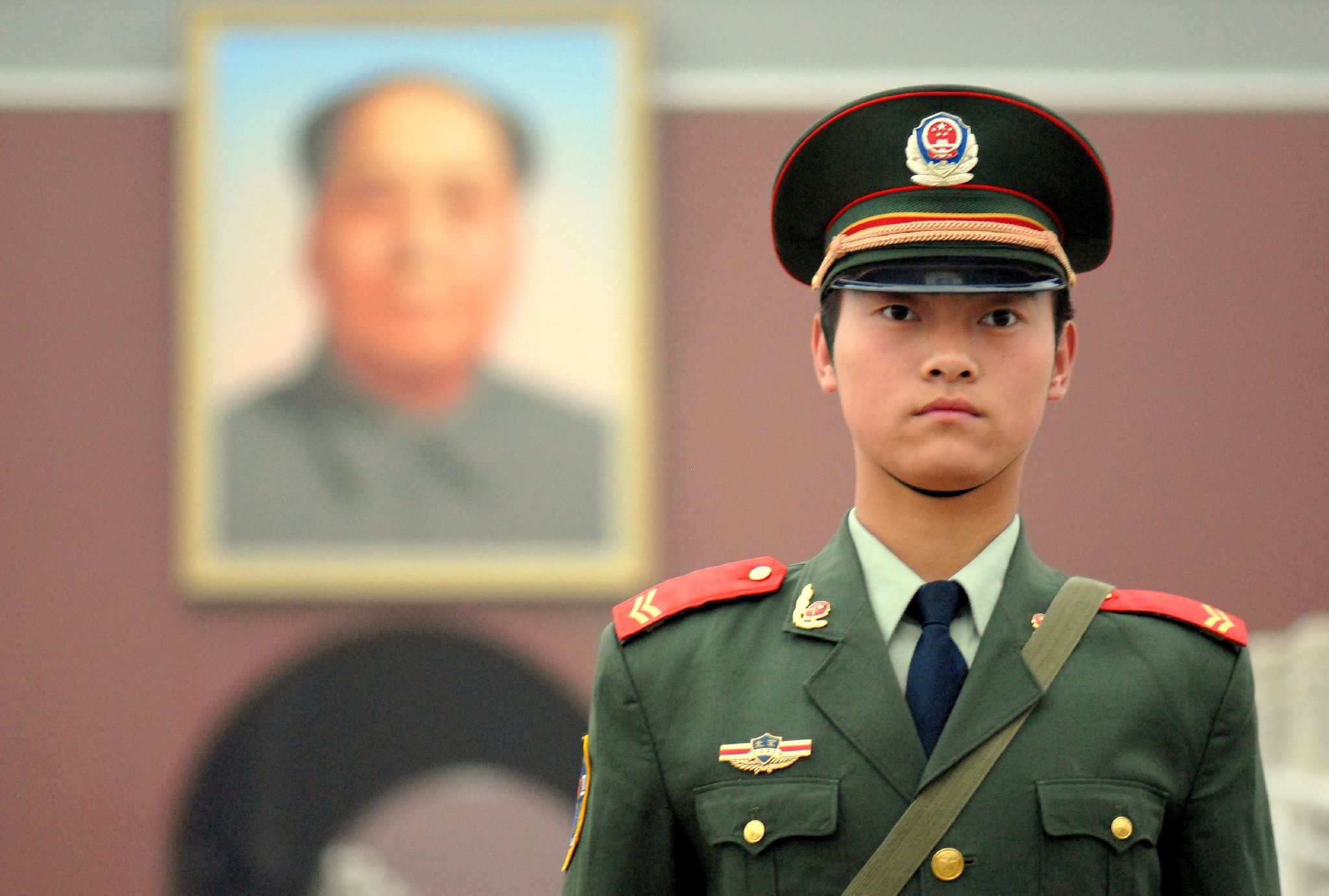The Chinese internet company NetEase has been accused by the Cyberspace Administration of China (CAC) of "illegally republishing news and information, spreading pornography, rumour-mongering and other issues".
According to a law against online rumours which was adopted in September 2013, internet users who spread "false information" will be charged with defamation if the posts carrying the alleged rumours are visited by at least 5,000 people or are shared more than 500 times. The Supreme People's Court and the Supreme People's Procuratorate declared in a judicial interpretation that an internet user found guilty of spreading online rumours faces up to three years in jail. Rumour-mongering is considered a "serious breach" of Criminal Law.
The CAC has not provided details about NetEase's alleged misbehaviour. The internet company is headquartered in Guangdong, one of the first provinces that benefited from China's "opening up and reform" in the 1970s and 1980s. Thanks to its distance from the capital Beijing, its proximity to Hong Kong, and its rapid industrial growth that linked it to the rest of the world, Guangdong has developed a relatively liberal and progressive atmosphere.
Since NetEase does not strictly censor users' comments, the accusation of "rumour-mongering" may refer to the failure of he portal to restrict free online discussion and the uncontrolled sharing of news.
NetEase has released a statement declaring its willingness to cooperate with the authorities. "[We will] actively spread positive energy and provide news services in strict accordance with the law", it said.
The allegations are seen as part of Beijing's expanding crackdown on internet freedom. While internet censorship has always existed in the PRC, the Communist government has recently tightened its control on the free flow of information not only through its law against rumour-mongering but also through the blocking of VPNs, Gmail, Instagram and other foreign websites and internet services.
But the worst may not have come, yet. Since Xi Jinping's rise to power in 2013, the Communist regime has returned to a Maoist-style control of the citizens' mind through openly propagated ideology and censorship.
In a speech from 19 August 2013 Xi Jinping announced this objective plainly:
We should serve the people and at the same time educate it. We should fulfill the people's needs and at the same time cultivate it. We should report more on the great struggle and the exciting life of the people and show in the media positive role models and good deeds, in order to enrich the spiritual life of the people, strengthen its spiritual prowess and fulfill its spiritual needs.
The media should focus on topics that spread solidarity and stability and motivate the people. Positive reports should predominate. This is an important guideline which we must follow in dealing with public opinion and ideological work ...
We shall strive to reinforce and strengthen the correct thoughts in public opinion, to explain in detail the most important issues, and to spread positive energy, in order to stir up the great power of the whole society for the united struggle.
Xi Jinping's return to ideology means that in the future intellectual freedom will be increasingly restricted, the Leninist strategy of the CCP will be reinforced, the leading role of the party will be reaffirmed, and no challenge to the government's monopoly of the truth will be tolerated.
 |
| Source: Wikipedia |
Comments
Post a Comment